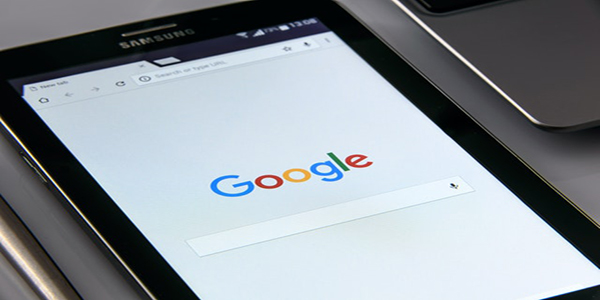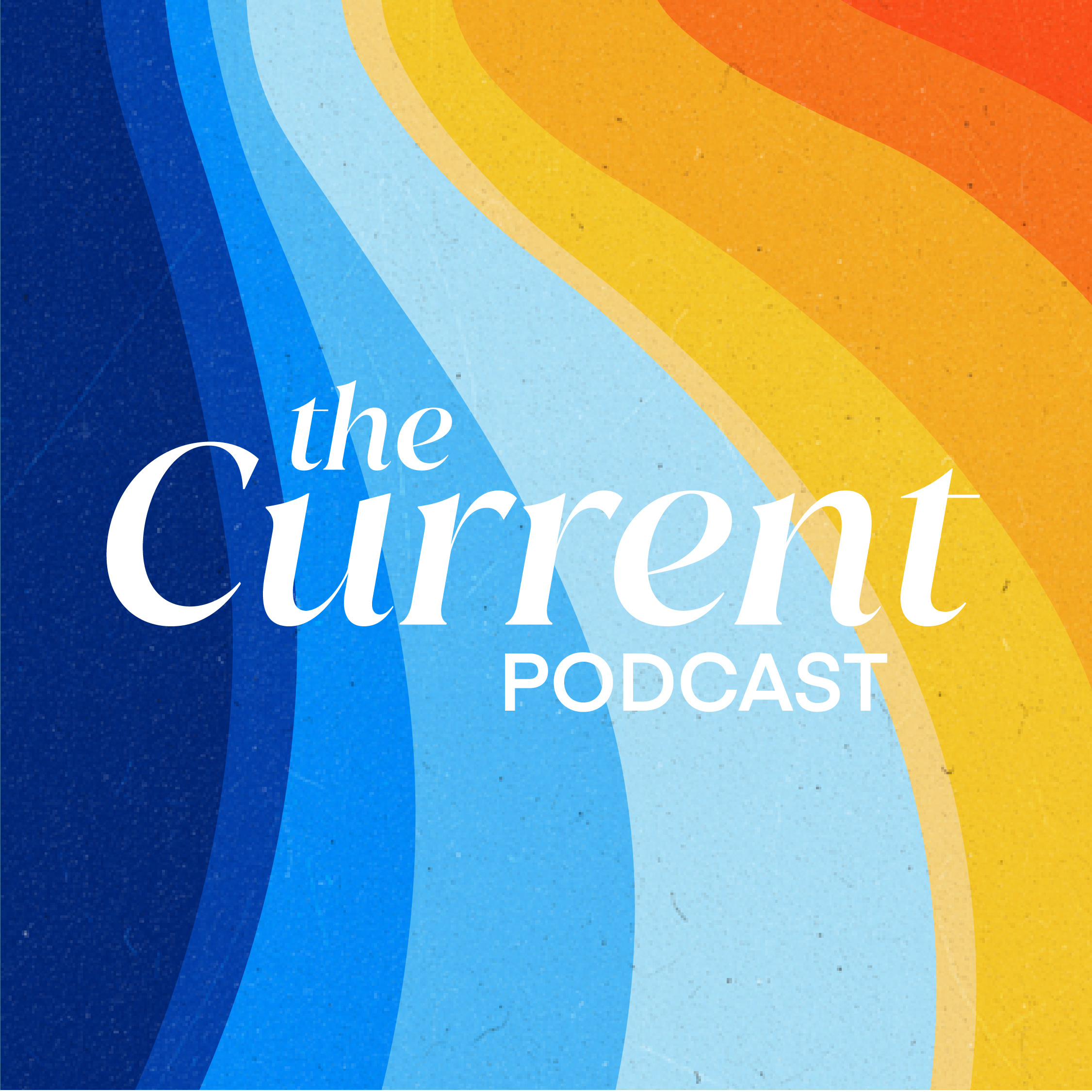 |
||||||||||
|
||||||||||
| Group Black Debates Acquisition of Bustle's Parent Company |
 |
| Group Black, a media company that focuses on sourcing multicultural ad spend, was founded only last year and has hit the ground running since. Co-founded by Black entrepreneurs Travis Montague, Richelieu Dennis, and Bonin Bough, the brand is looking to buy a large majority of Bustle owner BDG Media Inc. Besides Bustle, BDG Media is home to many leading media brands like NYLON, W Magazine, Mic, and gawker. Word on the street is that Group Black is figuring out the logistics behind financing the deal before bringing this to fruition. All three partners are no strangers to media and the digital content business. Mr. Dennis purchased Essence Communications from Time Inc in 2018, and Mr. Montegue founded Holler Technologies, which specializes in GIFs. Bough is the former Chief Media Officer at Mondelez International, where he managed over $3 billion in media spending, making him the seventh-largest media buyer in the world. While at Mondelez International, he shifted the organization — from just 3% to over 32% digital spend — adding $2 Billion in top-line net revenue and $300m in bottom-line savings. It sounds like together these three are well-positioned to execute such a merger. The talks with BDG are super juvenile at this point, and sources say JPMorgan Chase & Co. and Lazard Ltd. are advising Group Black in M&A and fundraising initiatives, according to Mr. Montaque, the company's CEO and co-founder. |
| Group Black helps advertisers spend their marketing budgets with its collective of 200-member media companies, including Essence Communications, Holler Technologies Inc., esports startup PlayVS, The Shade Room LLC, and Baller Allert LLC, to name a few. For brands and advertisers looking to diversify their ad spend, Group Black makes it easy by helping them strategize their ad commitments. In that regard, Group Black has attracted around $500 million in ad-spend pledges from companies like Procter & Gamble Co., WPP, and Dentsu. The work that Group Black is doing in the advertising industry is crucial, as it helps mitigate patterns of racial discrimination such as what led to the lawsuit that Black media mogul Byron Allen brought against McDonald’s for allegedly discriminating against Black-owned media companies. Although BDG's brands run the gamut, the company has a heavy focus on women-focused media, which clearly falls under Group Black's mantra of diversifying ad spend. If the deal goes through, it would be major and further solidify what Group Black's President of Advertising, Kerel Cooper, told us during his keynote at AdMonsters Ops last month: Group Black is about being Black-owned but not only Black targeted. And they’re getting there by thinking outside of the box. |
| Yahoo and Amobee Kiss Open Bidding Goodbye |
 |
In the war between Header Bidding and Open Bidding, it looks like Header Bidding is up a few points now that three DSPs are calling it quits on the OB supply path. The Trade Desk was the first DSP to show their dissatisfaction with Google's Open Bidding, and Yahoo and Amobee are the latest to part ways. But before wagging your index finger rapidly at Google, don't go thinking the tech giant is solely the motivation behind many DSPs' desire to let go. DSPs are letting go of Open Bidding for many reasons like:
So basically, money and reputation are the main motives. |
| There seem to be discrepancies with open bidding that pubs wish to avoid. In February, ad tech company Jounce Media found that 13% of all programmatic bid requests are initiated by Open Bidding, and with this influence, there is room for duplicate bids. Yahoo and Amobee are doing their due diligence to stay away from experiencing these types of inefficiencies. "Google Open Bidding is the obvious target for DSPs that want to de-duplicate the bidstream," says Chris Kane, founder of Jounce Media. "It is financially inefficient, strategically unattractive, and almost entirely duplicative to more direct supply chains." With three huge DSPs shifting away from open bidding, other DSPs are expected to do the same. It also seems like companies are loosening their reliance on Google to produce revenue, which is excellent because if Google eventually cracks, they won't go down with it. DSPs diversifying their available ad supply will open up many doors and could mean great things for the future of the open web. Without Google dominating ad supply, there will be more diverse ad inventory with a more significant net return. Who knows, maybe pubs will start seeing higher CPMs. |
| The Influence of Personalization On Consumer Purchases |
 |
| Inflation or not, if there is money to be spent, people are going to spend it, and a recent Adobe Commerce survey of 1,115 consumers across the country proved this to be true. For this reason, many pubs looking to diversify their revenue should explore the world of commerce. "Those who plan to participate plan to spend more or the same as they did last year," said Tory Brunker, senior director of product marketing, Adobe Commerce. "Those adopting personalized commerce strategies, from recommendations to giving them various options to pay for products online, will succeed. Doing this makes consumers more likely to purchase an item." So personalization is key this summer, especially when its in-your-face presence will influence consumers to make a purchase. These days consumers are in favor of personalized ads. 67% of respondents said they would like to receive personalized promotions based on their spending habits. |
| With the popularity of personalization picking up, advertisers are going to have to make sure their ads are standing out amongst all the competition. Online shopping is only expected to continue expanding and with it, investments in commerce media will follow. This is why if your first-party data strategy is still stuck on start, it's time to press that button. "The move away from cookies presents a significant challenge to publishers, but it's also an opportunity to gather richer and more actionable data that will increase in value when 3rd party data alternatives go away," says Debra Fleenor, President of Adapex. Pubs will need to consider leveraging first-party data to build out personalization offerings, which will increase their ad revenue while being a privacy-safe option that most consumers prefer. "Publishers who've made early investments in understanding and harnessing their audiences' behavioral signals have a significant advantage in creating successful strategies in a post-cookie ad climate and tailoring optimized experiences that drive intended actions. Being able to properly segment audience affinity and engagement allows publishers to align targeting capabilities and content strategies, which can be hugely valuable for advertisers looking for turn-key impact," says Albert Murillo, VP, Commerce, Digital Trends Media Group. "Taking that to another level, utilizing technology like clean rooms allows publishers to leverage their own first-party data to enhance the data of partners for a digital advertising experience that provides long-term value," adds Murillo. "Personalization is becoming an expectation of consumers, rather than an added value, as they rely on publishers to provide meaningful solutions relevant to their interests. This applies not only to content but all surrounding and off-platform media that ultimately enhance their original journey." |
| @{optoutfooterhtml}@ |









